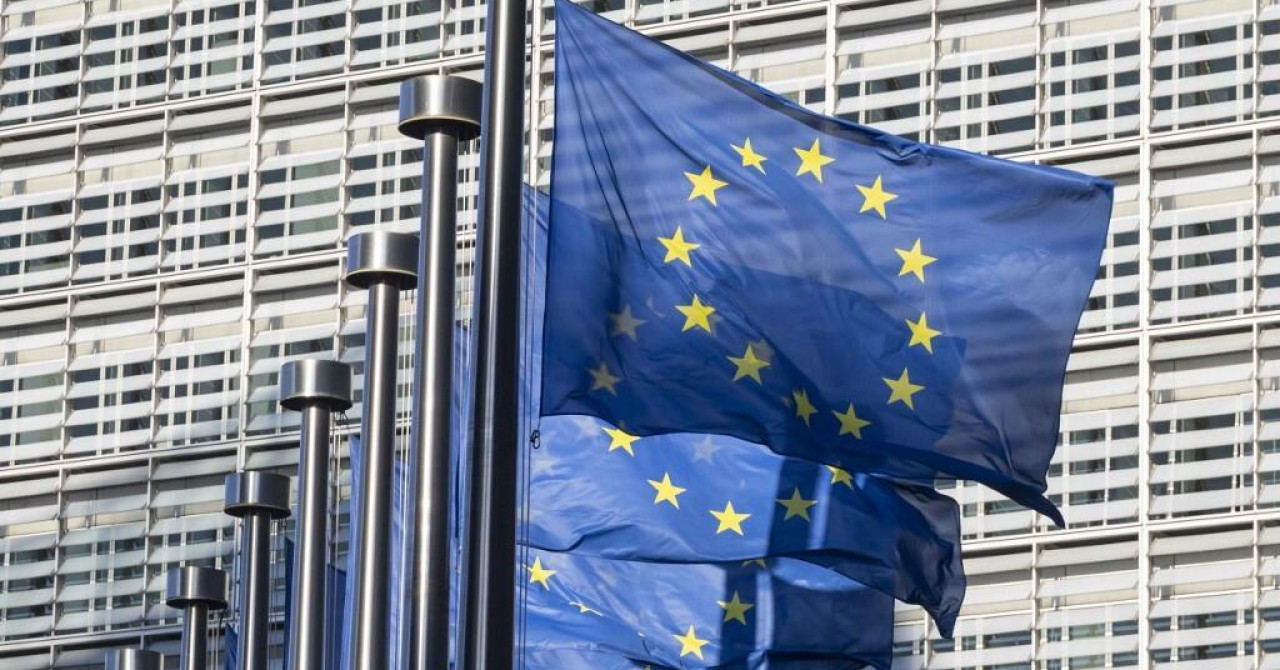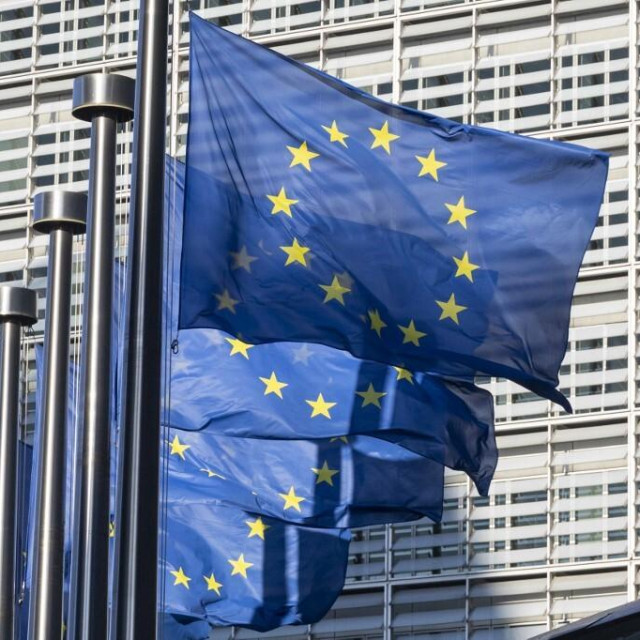The 40th anniversary of the signing of the Schengen Agreement was marked by a ceremony in Luxembourg, highlighting that decades of successful implementation provide a strong foundation for a more integrated and resilient Europe. Ervin Ibrahimović, head of Montenegrin diplomacy, emphasized Montenegro’s commitment to European values and the goal of EU membership, as well as the importance of the enlargement policy in light of geopolitical changes. Special attention was given to the challenges facing the Schengen area, including external border management and combating illegal migration. Various sources from the region and Europe underline the significance of Schengen as a symbol of freedom, security, and solidarity among European peoples, as well as the need for further reforms and cooperation to preserve and enhance this free movement area.
Political Perspectives:
Left: Left-leaning sources emphasize the importance of the Schengen Agreement as a symbol of European unity, freedom of movement, and solidarity. They highlight the need for continued reforms to ensure social justice, human rights, and protection of migrants within the Schengen area. The focus is on cooperation and integration as tools to build a more inclusive Europe.
Center: Center-leaning sources focus on the practical achievements of the Schengen Agreement in facilitating free movement, economic benefits, and security cooperation. They stress the importance of balancing open borders with effective management of external borders and migration policies. The narrative is pragmatic, highlighting the need for modernization and adaptation to new security challenges.
Right: Right-leaning sources emphasize the importance of strong border controls and security within the Schengen area to protect member states from illegal immigration and external threats. They often stress sovereignty concerns and the need for strict enforcement of rules. The narrative may focus on the challenges posed by migration and the necessity of preserving internal security.



